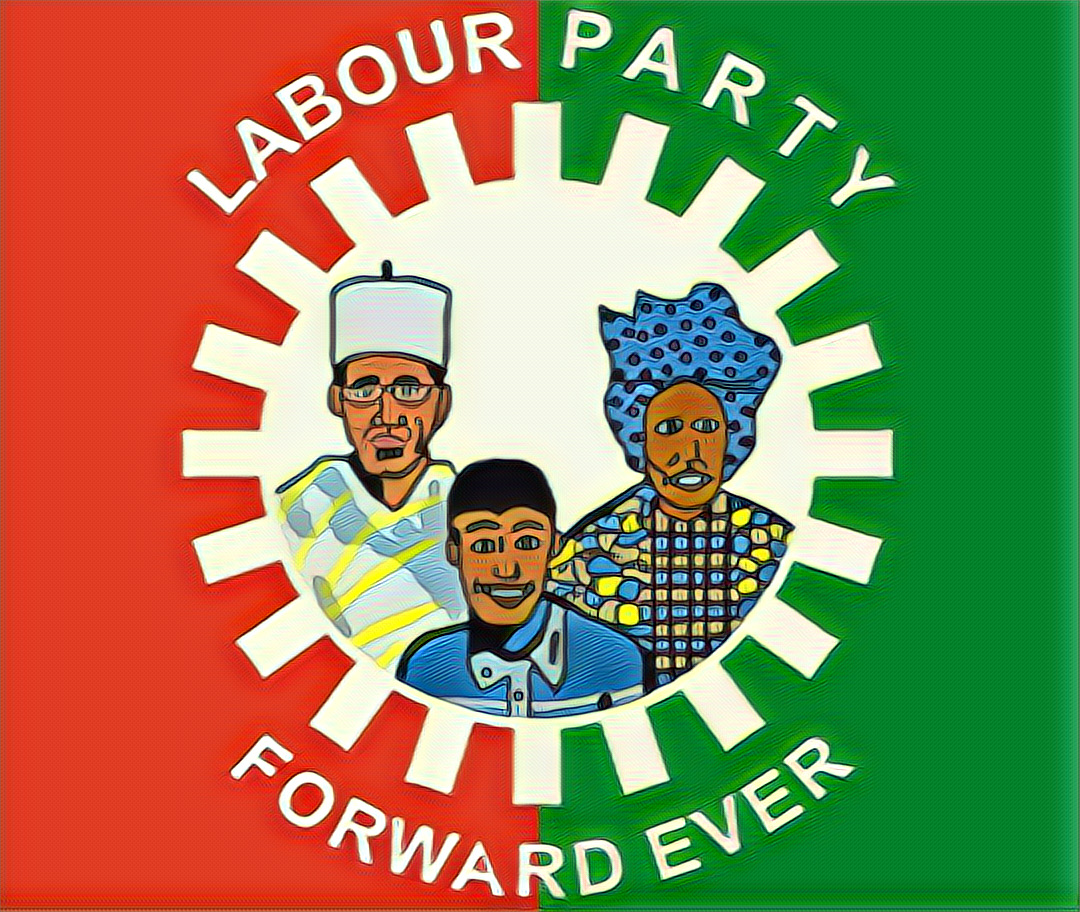The Labour Party (LP) has sharply criticized the Nigerian government’s decision to send a massive delegation of 1,411 members to the United Nations COP 28 summit in Dubai. The party describes this as a continuation of the wasteful culture under the current All Progressives Congress (APC) administration.
According to LP, it’s disheartening that the government, which urges Nigerians to economize for the economy’s sake, indulges in such extravagance. Obiora Ifoh, the party’s National Publicity Secretary, expressed dismay in a statement yesterday, questioning the government’s moral stance in spending the nation’s scarce foreign reserves on an apparent luxury trip for cronies and government supporters.
The party questions the government’s rationale, especially at a time when it seeks loans to pay salaries and meet other obligations. LP accuses the government of prioritizing the luxurious lifestyles of those in power over citizens’ welfare.
According to a report by the Sun, LP argues that Nigeria’s established diplomatic ties with the UAE and the presence of trained diplomats could efficiently support the President and key ministers. The party criticizes the government for preferring to fulfill the extravagant desires of its cronies rather than adopting a more practical approach.
Nigeria faces pressing issues like a weakening currency, an uninspiring 2024 budget, rampant inflation, and a dire security situation. Despite these challenges, LP claims the government seizes every chance to travel abroad under the pretense of seeking foreign investments, using taxpayer money.
Echoing their presidential candidate, Peter Obi, LP emphasizes the need to end this culture of wastefulness. The party advocates for enhancing production capacity, supporting local businesses, reducing governance costs, and operating a lean bureaucracy to ensure taxpayers receive real value for their money.
The Labour Party’s stance represents a critical viewpoint on the government’s spending habits, especially in the context of a struggling economy and societal challenges. This criticism is part of a larger conversation about fiscal responsibility and governance efficiency in Nigeria.


